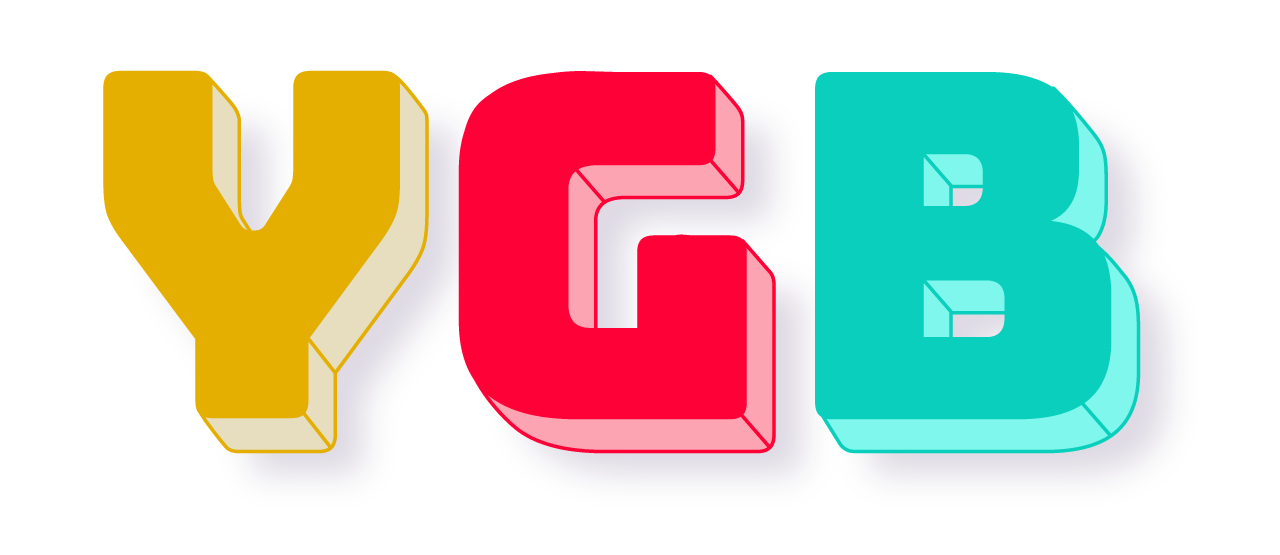CLEAN BEACHES WEEK
Without the ocean, there is no life. The ocean keeps the planet alive, absorbs CO2, regulates the climate, provides economic benefits, and is a major source of food and medicine. This is just a small reminder of how important the ocean is to everyone on the planet, and why it is so important to protect it. Unfortunately, the impact of plastic pollution caused by humans is having drastic consequences on ocean life, and even on ourselves.
Photo by Angela Compagnone on Unsplash
Plastic and Microplastics
Plastic is a man-made, versatile, cheap and long-lasting material, which has become essential in our daily lives. It is well known that it can take hundreds or thousands of years for plastic to break down. Even so, we have also discovered that plastic does not even fully degrade, but instead it becomes what we call “microplastics''.
This is a term that you may have heard before. Microplastics are tiny particles that come from larger plastics as a result of their breakdown. When these particles are eaten by marine animals, such as fish, mammals, and birds, there are many consequences, including behavioral changes, problems eating, suffocation, and so on. Additionally, if we eat ocean animals that have consumed microplastics, we eat them too! Shockingly, microplastics have even been found in the placentas of newborn babies and in various organs of people who eat sea animal products.
The Impact of Plastic in The Ocean
Up to 12.7 million tonnes of plastic enters our oceans yearly, from which 8 million pieces of plastic pollution get into the ocean daily. That’s why sadly we now have what some are calling ‘A plastic ocean’, which is also the title of an Award-Winning Documentary that shows the impact of plastic pollution.
The main sources for plastic pollution are:
Fishing nets, ropes and lines
Cigarette filters
Food packaging
Microplastic fibers from clothes
Plastic stirrers and straws
And more.
As a result of plastic pollution, it is now expected that the number of plastics in the sea is higher than the number of fish. In addition, over 1 million seabirds and 100,000 marine mammals die because of ocean plastic every year. Marine plastic has also affected 100% of marine turtles.
Clean Beaches Week
Photo: frank mckenna on Unsplash
Clean Beaches Week is celebrated every year from July 1st to 7th. This event combines Earth Day with the joy of Independence Day, an initiative established by The Clean Beaches Coalition. This week, a lot of events are organized locally around the USA, including art fairs, beach clean ups, educational events and more. This event brings people together for a good cause, namely the preservation of our oceans and ways to protect them. In spite of the fact that beach cleanups don't completely rid the ocean of trash and plastic, they raise awareness about pollution and educate individuals through the action they take.


